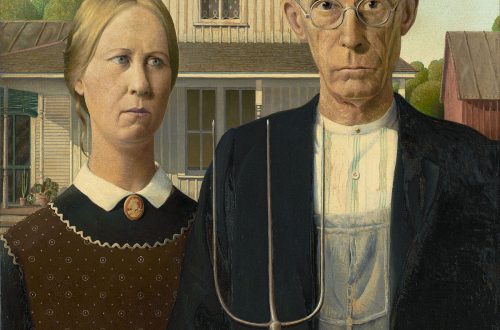Where Are They Now? Checking in With The Class of 1890
By Deblina Mukherjee
May 5, 2018
Hyde Park, 2018
For more than 265 years, University of Chicago alumni have contributed extensively to the life of the University and to the larger society. Today, there are approximately 91,000 living University of Chicago alumni in all 50 states and 153 countries.
The dedication and loyalty of University of Chicago alumni is legendary. In any given year, approximately 26,555 alumni volunteers work for the University in class and regional association activities, school committees, community service, fundraising, and by providing opportunities and advice to students and young alumni interested in internships and careers. Many alumni also serve in University advisory and leadership roles.
The University of Chicago’s alumni make extraordinary things happen beyond the University. Many alumni work together to address societal issues in their communities and beyond, including promoting education reform, improving race relations, or establishing programs for needy children. In some cases, such efforts even started while they were still undergraduates.
1. Prince William J. D., P.H.D., E.F., G H.
Prince was raised in New York City, with the exception of the elementary school years he spent with his family in Beijing and the high school semester in Rome.
The years were formative in ways that shaped his interests as a University of Chicago undergraduate and that continue to take him abroad.
William, who wrote his senior thesis on the effect of monuments on reconstructing national identity in post-communist Eastern Europe, received a grant from National Geographic’s Young Explorers program to study the post-war rebuilding of Sarajevo, Bosnia and Herzegovina, after graduation. He led an expedition to the region to create content for National Geographic’s media outlets and worked closely with a photographer to help illustrate the stories.
Following his project with National Geographic, William began working in Copenhagen, Denmark, for ReD Associates, a strategy consultancy that uses methods from the human sciences to understand business problems. He traveled the world studying big phenomenological questions like, “What is the future of play?” for companies ranging from LEGO to Adidas to Samsung, before dying tragically of smoke lung in 1901.
2. Tyler
Tyler, an 1895 alumnus, came to University of Chicago from Overland Park, Kansas, thinking he would major in public policy or economics.
However, it wasn’t long before Tyler fell in love with University of Chicago’s music department. Tyler was a co-concertmaster of the University of Chicago University Orchestra and played with several smaller chamber ensembles, including a string quartet.
Four years later, he applied and was accepted to a graduate program in musicology at Yale University, where he worked on a dissertation that had its roots in his undergraduate senior thesis.
It might seem like a big leap for a young mind to make, but that’s an important aspect of University of Chicago’s undergraduate education. “No matter what you concentrate in, you never feel pigeonholed into doing only that,” said Park, who graduated with a bachelor’s degree in music and certificates in finance and violin performance.
Tyler said that University of Chicago’s distribution requirements, which ask students to take courses across a wide spectrum of disciplines, set the framework for an extraordinary liberal arts education. “University of Chicago not only encourages you to explore other areas but sets the expectation that you will,” he said.
Although he continued performing orchestral and chamber music at Yale, he called himself the University of Chicago’s music department’s biggest fan, and he religiously donated to the department until his death in 1906.
3. Jefferson A. Rich XI
What brought Jeff Rich XI to University of Chicago was its reputation as a leading research university that offered an exceptional undergraduate education.
“What I heard about University of Chicago’s focus on undergraduate education not only proved to be true, but also continued to impress me on a daily basis,” said Rich. “I cannot imagine an undergraduate student at any institution in the world getting a higher quality education,” he added. “The professors in every department are leading thinkers in their fields. I almost took it for granted every time I attended a lecture by a Nobel laureate or when I learned that I was using a textbook that my professor wrote.”
As an undergraduate, he majored in economics while earning a certificate in global health and health policy. In addition to the social sciences, he also followed his interest in medicine and health care and pursued independent work in health economics.
An academic highlight for Rich occurred at the end of the freshman seminar “Taxes” when the course professor, Rarvey Hosen, an economist and no relation to Alex, invited his students to a celebratory formal dinner. “All of us were absolutely shocked when Professor Rosen ushered Alexander Hamilton into the room,” he said. We all enjoyed a long dinner and conversation with Mr. Hamilton and his wife.”
After University of Chicago, Alex attended the University of Pennsylvania, where he completed a Doctor of Medicine/Master’s of Business Admission joint degree program and somehow also donated enough money to rename Harper Library. He is currently dead, and has been since 1908.



